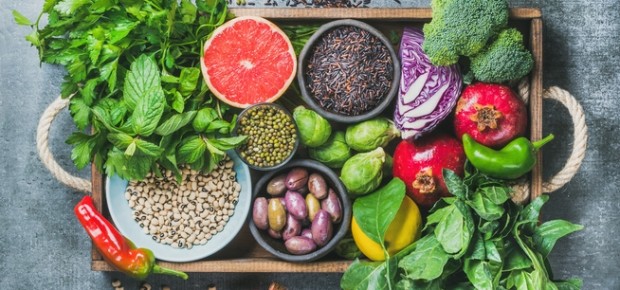
ADHD is becoming more common in children and it seems that the foods that are eaten may be having more of an impact than is realised. Read on to find out about foods that should be eaten and foods that should be avoided.
Foods to Eat for ADHD
Protein is key for ADHD sufferers as it can prevent surges in blood sugar levels. These surges can increase hyperactivity. Dietary protein triggers the synthesis of alertness-inducing neurotransmitters such as dopamine and norepinephrine. As well as the protein boosting alertness, it also reduces the likelihood that medication will cause irritability or restlessness. Several servings of wholegrains should also be eaten daily in order to stop blood sugar levels from surging and then falling back down.
The Feingold diet may also be helpful. This diet forbids artificial food colours, flavourings, sweeteners, and preservatives, and also salicylates, which are naturally occurring compounds found in some fruits and vegetables.
Fatty acids are important as they are used to make brain and nervous tissue in the body and are crucial for proper growth, mental function, the immune system, and brain development. The body cannot produce omega 3 and omega 6 on its own, so it is necessary to obtain it through the diet. The typical western diet is high in omega 6 fatty acids, but many people are deficient in omega 3. Childhood behavioural and learning problems are now associated with omega 3 deficiencies. Include foods rich in omega 3 in the diet, such as salmon, mackerel, sardines, herring, and tuna. It can also be obtained through flax seeds and flax oil.
Magnesium is necessary for ADHD sufferers and many are deficient in this important mineral. Getting the correct amount of magnesium in the diet can significantly decrease hyperactivity symptoms.
Foods to Avoid in ADHD
The most important thing to avoid in the diet of ADHD sufferers is foods that contain dyes and excess sugars. Studies have suggested that artificial colourings and sugar may cause increased hyperactivity in ADHD sufferers. People that eat a lot of sweets may be missing out on essential nutrients that help to keep them calm and focused. Dietary carbohydrates, especially refined carbohydrates, trigger the synthesis of neurotransmitters that cause drowsiness.
Check to see if you have any food sensitivities or allergens. This can be done through an elimination diet. The most common food sensitivities in ADHD are wheat, gluten, dairy products, salicylates, tartrazine (food additive 102), and MSG.
Originally published on Dec 04, 2008








